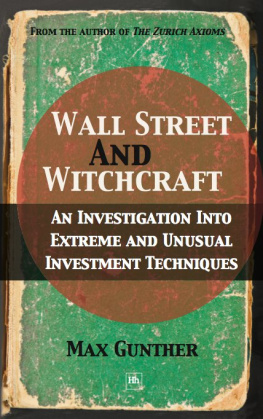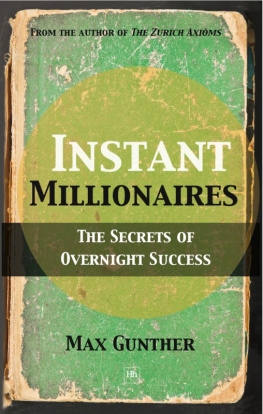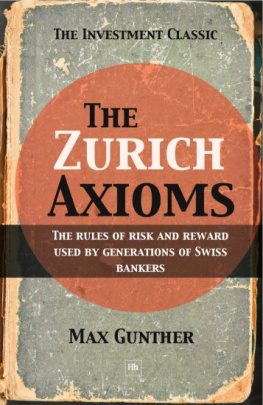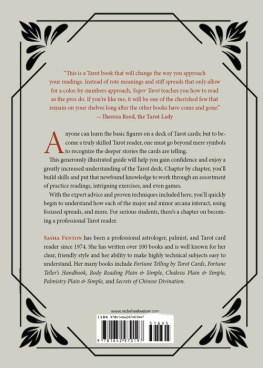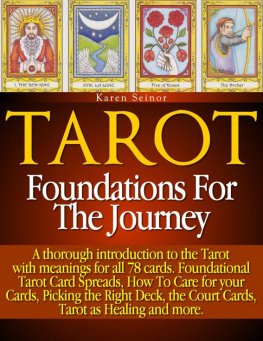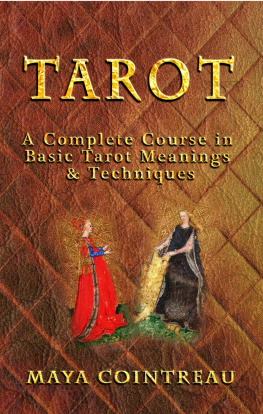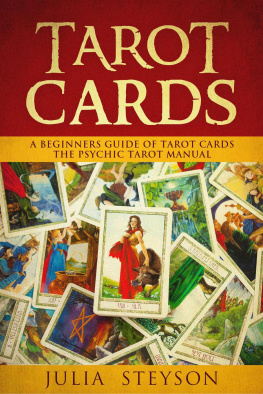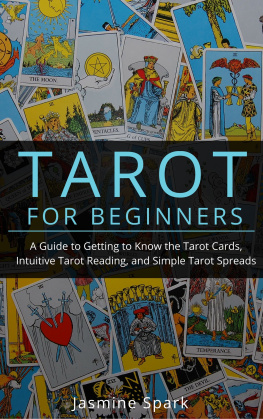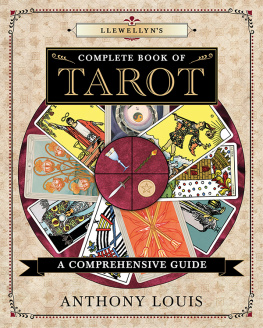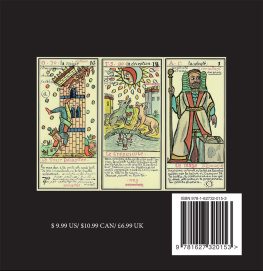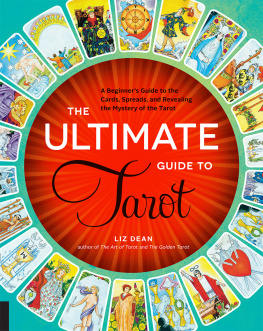Max Gunther (1926-1998), born in England, went to the United States when he was 11 years old, attended schools in New Jersey and received his BA from Princeton University in 1949. He served in the US Army in 1950 and 1951 and was a staff member of Business Week from 1951 to 1955. Mr Gunther then served as a contributing editor of Time for two years. From 1956 he published articles in several magazines, including Playboy. Among his other books are The Zurich Axioms, The Luck Factor, How to Get Lucky and Instant Millionaires.
Mr Gunther lived in Ridgefield, Connecticut, where his wife was a real-estate broker. They had three children. The author said that his diversions included surfing and skating, carving chess sets and playing chess, and painting.
I. The Man Who was Never Wrong
THE LITTLE MAN told me to meet him downtown at the bar in Delmonicos Restaurant. Id had a lot of trouble finding him and didnt want to lose him, and in my eagerness I arrived at the Wall Street subway stop nearly half an hour early. I climbed up the steps and out into a rainy, windy night an unusually warm night for New York at that time of year. The date was February 2, 1970: a Monday. The time was 7:35.
The Wall Street district is a somewhat eerie place at night under any circumstances. My mission this evening made it seem all the stranger. The narrow, twisted streets, densely crowded all day, were nearly empty. In the coffee shops a few secretaries and late-working executives and night computer attendants sat and ate their lonesome suppers or breakfasts, gazing out morosely at the rain. The district seemed to have shut itself down like an enormous machine, but I knew this was an illusion. The Street was still working hard. In its own nocturnal way, silently and secretly and unemotionally, the Street was now digesting the results of the days stock, bond and banking transactions. In hidden basements all around me, great gangs of computers would work all night long, patiently exuding mile upon mile of printout paper on which would be neatly recorded the births and deaths of peoples dreams.
Wall Street is a street of dreams, as everybody knows. It is built of steel and concrete, but its main stuff is the stuff of dreams. It could exist without steel or concrete and in fact once did: the founders of the New York Stock Exchange sometimes met under a tree. But it could not exist without dreams. The dream stuff isnt much in evidence during the day, when the sidewalks and building lobbies and exchange floors are full of men and women milling about, gulping coffee, shoving pieces of paper at one another. It is a roaring, whirling vortex of a place during the day, this Street. But at night, when everything that was going to happen that day has happened, when the computers settle down to the task of recording and totaling and balancing accounts, the ghosts of a million dreams seem to come out and drift along the silent streets.
I started down Broad Street. The sign in Merrill Lynchs window said 13,440,000 shares had changed hands on the Big Board that day. The Dow was up 2.38 points. It had been a good day for stockholders and a bad day for short-sellers; not spectacular either way, but an interesting change from recent history. The Dow had fallen steadily and rapidly for six straight days before this, gloomily extending a bear market that had lasted since the spring of 1969 (or since 1968, depending on how you identify the birth of a bear market).
I stood there and looked at the sign. Something made me shiver slightly. Maybe it was the rain dripping down the back of my neck.
Over the phone on Friday the little man had said, The market will be up next week. A man could make some quick profits...
I had mumbled a polite reply. I had thought: well, hell, every week the market is either up or down. The old charlatan has a fifty-percent chance of being right.
I stopped for a cup of coffee to kill some time. Then I walked down Beaver Street to Delmonicos. The little man was standing at the bar waiting for me. Id never met him, but a brokerage account executive had described him to me: a short, wispy, white-haired old man. I, in turn, had described myself to the old man over the phone. We greeted each other and shook hands.
Kind of like a gnome, the account executive had said. But the description was wrong. All the gnomes Id ever met in my childhood Grimms were squat and furtively hunched and of limited intelligence. Any run-of-the-mill fairy princess could outthink then with ease. But this old gentleman carried his short, bony frame as straight as a telephone pole, and somehow he didnt look as though hed ever been outsmarted in his life. He had a long, thin beak of a nose. His eyes were dark brown and as clear and bright as a childs: an incongruity in his wrinkled, yellowed, age-freckled face.
Id first heard about him when I chanced to meet the account man at a party. We were talking about right and wrong guesses on the stock market. The account man started to recall some clients who were right more often than seemed fair. Every brokerage house has such clients: people who seem to possess uncanny luck or some other, unknown, maddening quality, people who always sell out just before market crashes or buy sleeper-stocks for no tangible reason and seem outrageously unsurprised when the stocks prices abruptly double. Stories of such people circulate around the typical brokerage houses until fact degenerates into legend and the stories heroes assume a fantastic and godlike infallibility. When the account executive started to talk about the little white-haired man who never guessed wrong, I first presumed I was hearing semifiction. Then I grew interested. Finally I decided the story was worth checking out, if only for its nuggets of humor.
It was an intriguing story. The little man had turned up at the brokerage house some fifteen years ago with about $3,000. It was almost his entire wealth, the net result of a lifetime of work in the plumbing supply business. His wife was dead. His children were grown and gone. He was all alone. Hed always wanted to try speculating in stocks but had never thought it proper to do so with his familys roof-and-food money. Now that he had nobody to worry about except himself, he intended to take the plunge at last. He believed, he explained, that he was gifted with some kind of extrasensory perception, or ESP. He always knew what the market was going to do. Didnt guess knew.

